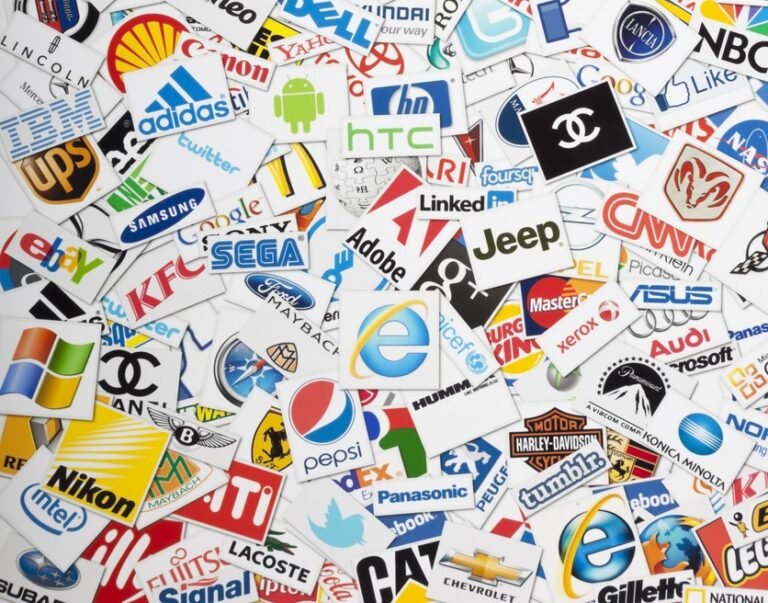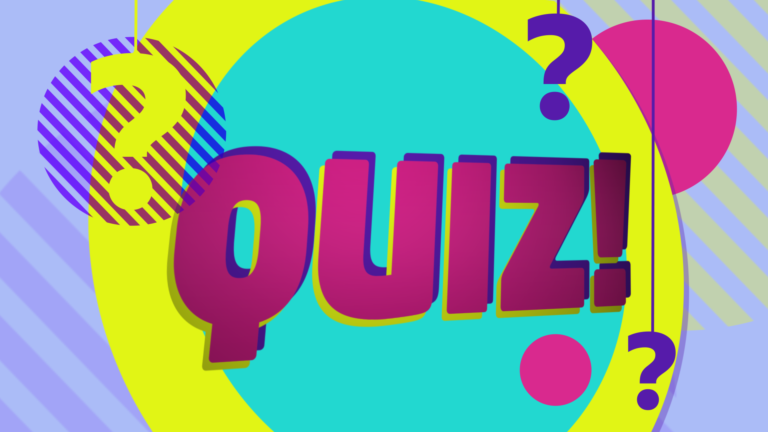In the rapidly evolving digital landscape, blockchain technology has emerged as a groundbreaking innovation, revolutionizing how we handle data and secure transactions. Initially developed as the backbone of cryptocurrencies like Bitcoin, blockchain has expanded far beyond its origins, finding applications in industries ranging from finance to healthcare. But what exactly is blockchain, and why is it hailed as the future of secure transactions? Let’s delve into the fundamentals of this transformative technology and explore its potential.
What is Blockchain Technology?
At its core, blockchain is a decentralized digital ledger that records transactions across multiple computers in a way that ensures transparency, security, and immutability. Unlike traditional databases managed by a central authority, blockchain operates on a peer-to-peer network, where each participant (or node) maintains a copy of the ledger.
Here’s how it works:
- Blocks: Transactions are grouped into blocks, which contain data, a timestamp, and a cryptographic hash of the previous block.
- Chain: These blocks are linked together in chronological order, forming a chain.
- Decentralization: The blockchain network is distributed across multiple nodes, making it resistant to single points of failure.
- Immutability: Once a block is added to the chain, its data cannot be altered without consensus from the network, ensuring a high level of security.
Key Features of Blockchain Technology
- Decentralization
Blockchain eliminates the need for intermediaries like banks or clearinghouses, enabling direct peer-to-peer transactions. This reduces costs, enhances efficiency, and democratizes access to financial and other services. - Transparency
Every transaction on a blockchain is recorded and visible to all participants in the network. While the identities of parties may remain anonymous, the transaction data is publicly accessible, ensuring accountability. - Security
Blockchain uses advanced cryptographic techniques to secure data. Transactions are verified through a consensus mechanism, such as Proof of Work (PoW) or Proof of Stake (PoS), ensuring that malicious activities are virtually impossible. - Immutability
Once data is recorded on a blockchain, it cannot be modified or deleted. This feature is particularly valuable for maintaining the integrity of records in sectors like finance, supply chain, and healthcare. - Efficiency
By automating processes and eliminating intermediaries, blockchain technology speeds up transaction times, making it ideal for applications like cross-border payments and smart contracts.
Applications of Blockchain Technology
1. Financial Services
Blockchain has revolutionized the financial industry by enabling secure, transparent, and low-cost transactions. Cryptocurrencies like Bitcoin and Ethereum have become alternatives to traditional fiat currencies, while blockchain-based systems are streamlining international payments and remittances.
2. Supply Chain Management
By providing real-time visibility into the movement of goods, blockchain enhances transparency and efficiency in supply chains. Companies like Walmart use blockchain to track food products, ensuring safety and authenticity.
3. Healthcare
Blockchain is being used to securely store and share patient records, improving data privacy and interoperability. It also facilitates the tracking of pharmaceuticals to prevent counterfeit drugs.
4. Real Estate
Blockchain simplifies property transactions by digitizing contracts and records. Smart contracts automate the buying, selling, and leasing of properties, reducing paperwork and fraud.
5. Voting Systems
Blockchain-based voting systems can enhance election transparency and security by providing tamper-proof records of votes. This ensures fair and democratic processes.
Advantages of Blockchain for Secure Transactions
- Eliminates Fraud: The decentralized and immutable nature of blockchain makes it nearly impossible for hackers to alter transaction data.
- Cost-Effective: By removing intermediaries, blockchain reduces transaction fees and operational costs.
- Speed: Transactions on blockchain networks are faster compared to traditional methods, especially for cross-border payments.
- Trust: Blockchain builds trust among parties by providing a transparent and verifiable record of transactions.
Challenges and Limitations
While blockchain technology offers numerous advantages, it is not without challenges:
- Scalability: Handling a high volume of transactions can be slow and resource-intensive, particularly for networks using PoW.
- Energy Consumption: Some consensus mechanisms, like PoW, require significant computational power, raising concerns about environmental impact.
- Regulatory Uncertainty: The legal framework for blockchain applications, particularly cryptocurrencies, varies globally and remains a work in progress.
- Complexity: Implementing blockchain solutions requires technical expertise and infrastructure, which can be a barrier for small businesses.
The Future of Blockchain Technology
As blockchain technology continues to evolve, its potential applications are virtually limitless. Innovations like Web3 aim to decentralize the internet, while advancements in layer 2 scaling solutions promise to address scalability issues.
Industries are also exploring blockchain for novel use cases, such as carbon credit trading, decentralized finance (DeFi), and secure digital identities. Governments and central banks are experimenting with Central Bank Digital Currencies (CBDCs) to modernize monetary systems.
With its ability to provide secure, transparent, and efficient solutions, blockchain technology is poised to reshape the way we conduct transactions and manage data across the globe.
Conclusion
Blockchain technology represents a paradigm shift in how transactions are recorded, verified, and secured. Its features, such as decentralization, transparency, and immutability, make it a game-changer for industries that rely on trust and efficiency.
While challenges remain, the growing adoption of blockchain in finance, supply chains, healthcare, and beyond underscores its transformative potential. As we move further into the digital age, blockchain technology will undoubtedly play a pivotal role in shaping the future of secure transactions















